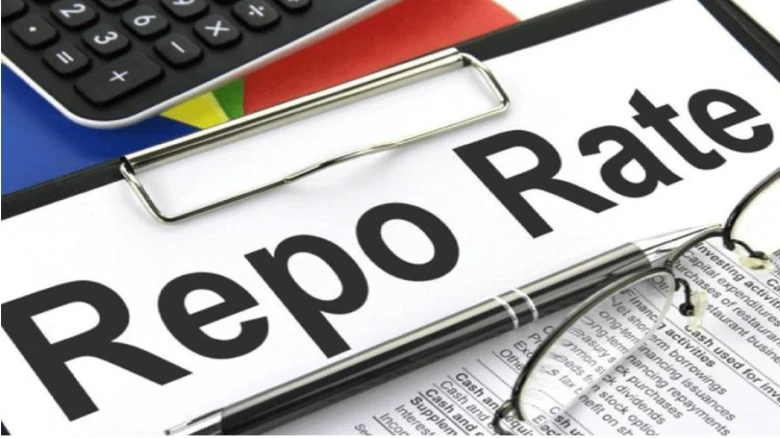North East

Digital Desk: The benchmark repo rate was increased by 50 basis
points to 5.4 percent on Friday by the Reserve Bank of India's monetary policy
committee, which was widely anticipated. This was the third consecutive
increase as the bank acted aggressively to control inflation. One hundredth of
a percentage point is called a basis point.
India's central bank
first raised interest rates by 40 basis points at an unexpected meeting in May
as global prices surged, fueled by soaring oil prices. In June, it once more
increased the repo rate by 50 basis points.
Shaktikanta Das,
governor of the Reserve Bank, stated in Mumbai that "the monetary policy
committee has agreed to remain focused on withdrawal of accommodation to ensure
that inflation remains the target moving forward, while supporting
growth." The term "accommodation" refers to the expansion of the
money supply in the economy to spur growth.
The reverse repo rate
is the rate at which the central bank borrows money, whereas the repo rate is
the rate at which commercial banks borrow money by selling their assets to the
Reserve Bank.
These rates are
essential for increasing company loans and investments in the revival of the
economy. Markets and overall business mood depend heavily on the MPC's analysis
of the economy.
The standing deposit
facility was changed to 5.15 percent following the most recent three-day
review, which is 25 basis points less than the repo rate.
According to official
data released on Tuesday, India's retail inflation decreased for the second
consecutive month in June but only slightly, to 7.01 percent from a year
earlier. May saw a 7.04 percent increase in consumer prices, exceeding the
Reserve Bank of India's 6-percent ceiling for the sixth consecutive month.
The governor of the reserve bank stated that inflation is
still "uncomfortably high."
The closely watched food price index increased by 7.75
percent as a result of a worldwide commodities price spiral, somewhat less than
the 7.97 percent increase seen the month before, according to the data. Edible
oil, whose prices reached record highs in July, eased in India, which is a net
importer.
Leave A Comment